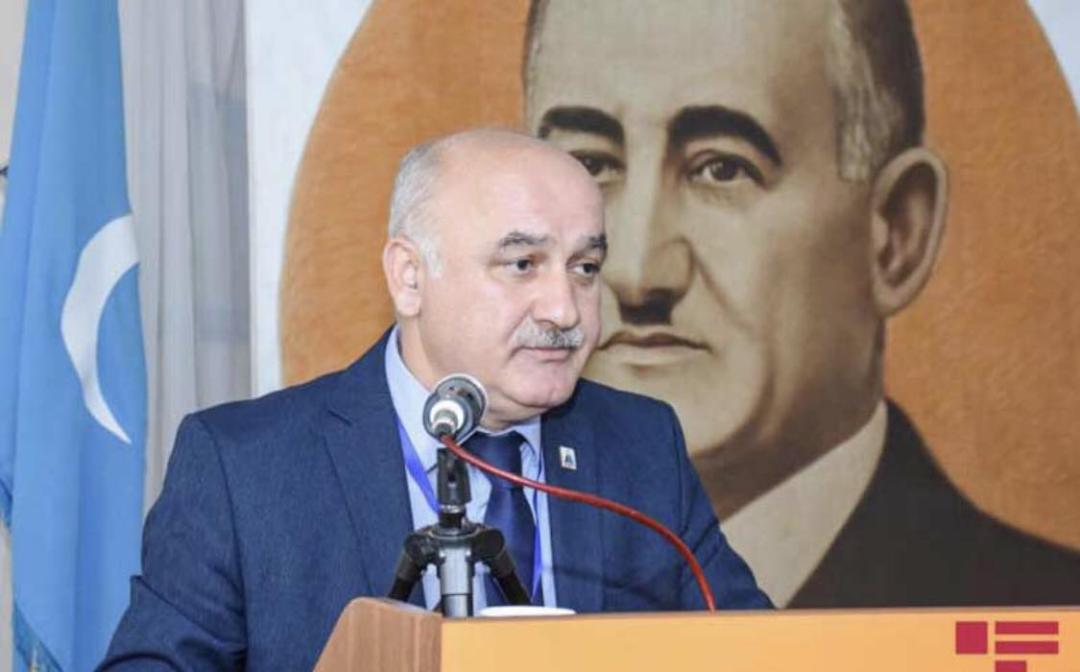
Azerbaijani Opposition Leader Criticizes Government's Post-Election Stance

During an interview with Voice of America on April 2, Arif Hajili, the head of the oppositional Musavat Party, delved deeper into the dynamics surrounding opposition politics in Azerbaijan following the presidential elections.
"The government's stance hasn't undergone any significant shift," Hajili asserted, underlining the absence of viable alternatives during the elections. He pointed out that President Ilham Aliyev refrained from making substantial promises to the public before the elections, suggesting a lack of perceived necessity.
Hajili reiterated the persistent challenges faced by opposition parties like Musavat, stating, "The government's reluctance to acknowledge the opposition as integral to the political landscape remains unchanged." He lamented the government's approach of diminishing resources and opportunities for leading opposition entities, indicating a continuation of this policy post-election.
Highlighting the absence of meaningful dialogue between the government and the opposition, Hajili emphasized, "The Azerbaijani authorities disregard opposition proposals and abstain from engaging in substantive discussions." He portrayed a narrative where the government attempts to portray Azerbaijan as devoid of any genuine opposition, instead promoting controlled political entities represented in the parliament.
Discussing legal and procedural hindrances to political activity, Hajili expressed concern over legislation affecting political freedom and equal competition. "The authorities' non-compliance with even flawed laws exacerbates the situation," he remarked, citing limitations on freedom of assembly and unequal treatment of political parties.
Hajili drew attention to disparities in government support for political parties, contrasting the Musavat Party's lack of state funding with the extensive resources provided to others. He outlined instances where the government hindered the Musavat Party's activities, including confiscating headquarters and persecution of donors.
Attributing these challenges to an entrenched authoritarian regime, Hajili emphasized, "The Azerbaijani government's policies prioritize the preservation of power." He condemned government actions to suppress freedom of speech, obstruct free assembly, and stifle genuine opposition voices.
In response to inquiries about opposition strategies, Hajili detailed reliance on internet platforms and social networks for outreach despite limitations imposed by authoritarian conditions. He lamented the impediments to conveying ideas and engaging with society effectively.
Regarding potential remedies, Hajili referred to the Musavat Party's election manifestos and ongoing internal discussions, indicating a proactive approach to addressing issues. However, he expressed frustration over the government's reluctance to consider opposition proposals, underscoring persistent challenges in advocating for change.
See Also


Armenia Records 5.9% GDP Growth in 2024, Missing 7% Goal

Yerevan Balances Strategic Ties with Both US and Russia, Says Foreign Minister

FM Mirzoyan: Peace Deal with Azerbaijan Is Within Reach

Pashinyan and Erdogan Hold Call, Reaffirm Commitment to Ongoing Dialogue

